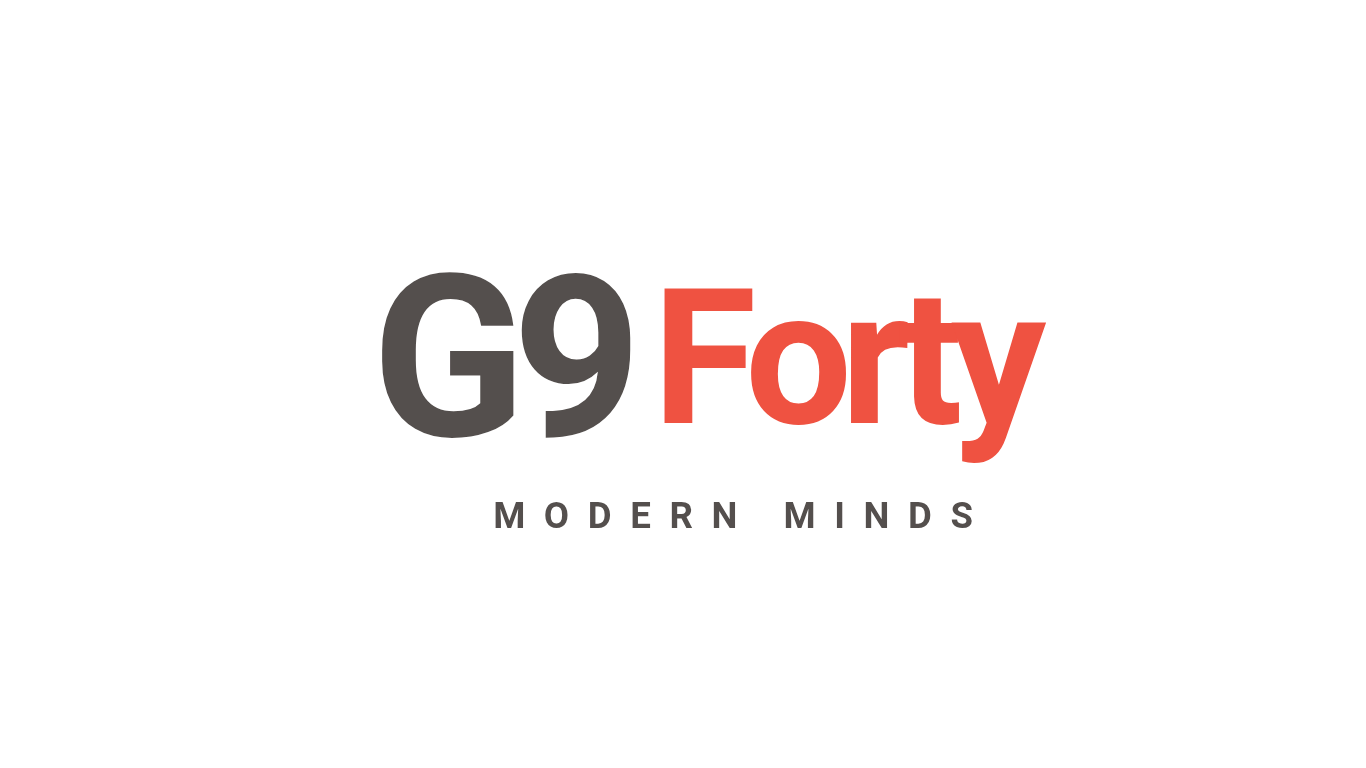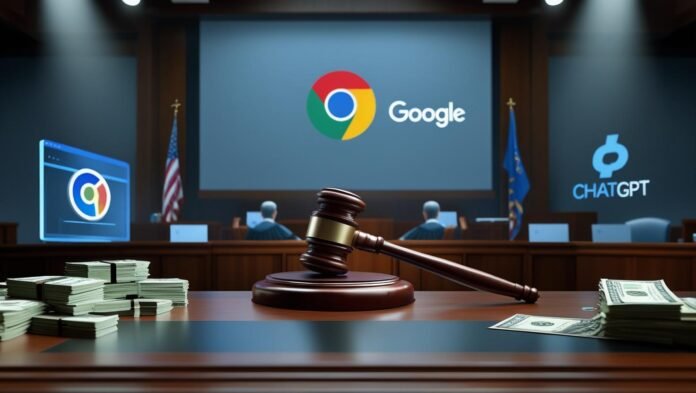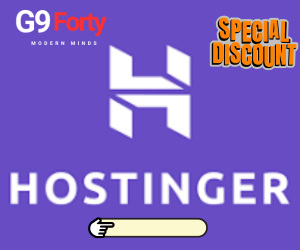Near the outset of his opening comments, David Dahlquist, a lawyer for the US Department of Justice, displayed a slide depicting Google’s “vicious cycle.” It works like this: Google spends billions of dollars to be the default search engine almost everywhere, so it receives more search queries, better data, and is able to enhance its results, making more money and allowing it to afford more defaults. Google doesn’t really dispute this judgment, but it describes it as a virtuous cycle. Google feels it has constructed a perfect system, while the DOJ considers it a nightmare. A judge will make the final decision.
Dahlquist’s remarks were the first salvo in the remedies phase of US v. Google, a historic antitrust lawsuit that concluded last year with Judge Amit Mehta ruling that Google’s search engine is monopolistic. The question in the courtroom this time, which will be debated over the next two weeks, is how to solve it. And, according to Dahlquist, the procedure must begin by stopping all parts of the cycle from spinning.
The DOJ is requesting three broad items. First, it wants to prevent Google from making any form of bargain for premier search engine placement. The most visible aspect of this contract, and a key statistic in the first trial, is the $20 billion Google pays Apple each year to be the default search engine in Safari. However, Google has partnerships like these in place throughout the industry, as well as others that require search placement in order to use other Google services. The DOJ intends to shut them all down.
Dahlquist suggests that Google divest Chrome, which he describes as “a significant gateway to search…and a starting point for 35 percent of user queries.” According to one metric used in the trial, Chrome has over four billion users, and the government’s lawyers contended that it should be treated as a separate company entirely. Google claims Chrome is not a self-sufficient business and only makes sense as part of Google, while Jonathan Sallet, a lawyer for the states, argued that it would be a significant gain for everyone. “This kind of asset,” he remarked, “doesn’t come around very often for firms to acquire.
The third item the DOJ wants is for Google to license almost all of its search data, from the search index to the results, to any competitor who wants it. So far, this appears to be the provision that concerns Google the most.
In his opening statements, John Schmidtlein, one of the key attorneys for Google in the lawsuit, said that what the DOJ is asking for essentially amounts to white-labeling Google and making it available to competitors throughout the sector. In the long run, Schmidtlein contended, competitors would be able to utilise Google’s search index to create and train their own products, while Google is basically barred (due to the other elements of the remedies) from making the transactions and investments required to maintain its lead. However, even in the short run, he stated, “while they’re figuring all that out, you can cut and paste Google’s search results and call them your own.” Schmidtlein also said that Google’s search data contains large amounts of sensitive information, which would be harmful for other corporations to possess.
One of the trial’s important questions will be what constitutes a fair search market. Google has consistently argued that it became a dominating player in search merely by having the best search engine, and that it would be ludicrous for the court to enable competitors to develop their own Google with little further effort.
Google has given significant ground in only one area: its default placement agreements with companies such as Apple. It contends that the previous trial was dominated by concerns concerning these transactions, and by prohibiting them (but only if they are exclusive agreements, significantly) would level the playing field. Beyond that, Schmidtlein described the DOJ’s remedies as “a wish list for competitors looking to reap the benefits” of Google’s efforts.
The DOJ’s argument, on the other hand, is that Google’s illicit tactics have given it a nearly insurmountable lead, and the only fair thing to do is to assist competitors catch up. During the initial trial, Microsoft CEO Satya Nadella stated that the only way to build a strong search engine is with an almost unattainable amount of search data — and that Google had ensured that it was the only firm with that data. Mehta’s early queries appear to indicate that he believes some of the data-sharing and licensing arrangements would constitute a “structural remedy,” which carries a greater burden of evidence. However, many questions will arise about how to make combat fair.
During the 2023 trial, the AI market was only mentioned sporadically, but it now looks to be front and centre for both parties. Dahlquist claimed that the DOJ’s suggested remedies are so severe because “Google is using the same strategy they did for search, and applying it to Gemini.” But he was also keen to point out that he does not believe AI and search are synonymous, and that the rise of ChatGPT, in particular, should not persuade the court that the search industry is in fact highly competitive.
Google, of course, claims that ChatGPT demonstrates that the search business is in fact highly competitive. Schmidtlein cited OpenAI CEO Sam Altman’s tweets about how popular ChatGPT was, as well as an internal OpenAI paper stating that the business believes “we have what it needs to win.” “These companies are competing just fine without Plaintiffs’ remedies,” says Schmidtlein.
In the coming weeks, AI will be a common topic in the courtroom. Sissie Hsiao, the former Gemini team leader, will testify. Executives from OpenAI and Perplexity, as well as a panel of experts, will seek to explain how AI will fit into and disrupt the search industry. It was telling that the trial’s first witness, an AI expert named Greg Durrett, spent much of his testimony merely explaining how the technology worked.
Of course, there is still a lot of trial and negotiating to be done, but the two sides are surprisingly far apart right now. Google, which intends to fight the judgment in its entirety, believes everything will be fair as long as it is simpler to choose your own search engine. The government believes that Google’s existing form cannot be permitted to continue. Judge Mehta, who raised several questions about the precedence for several of these demands, seemed to be constantly adjusting his own tolerance for broad change. If there is an easy method to reach a middle ground that works for everyone, it has not been discussed in court.



